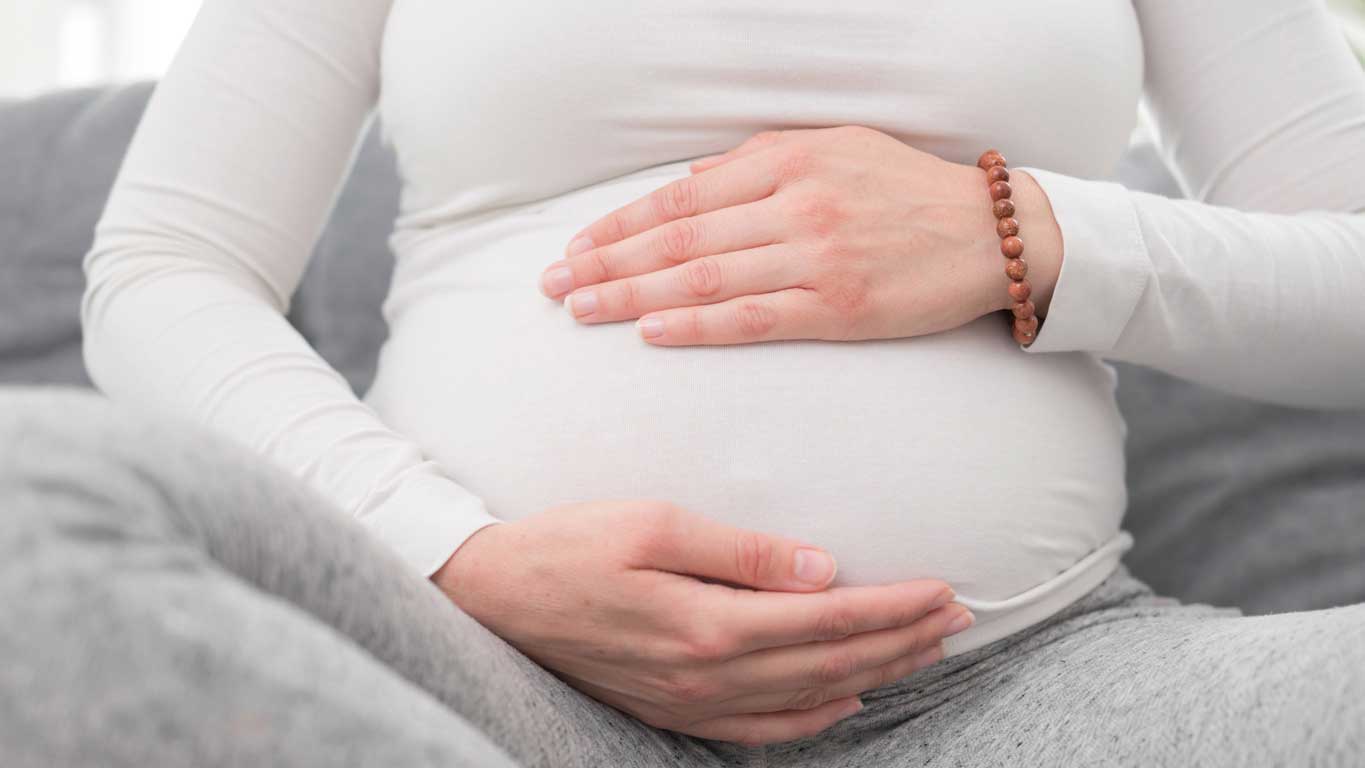Summary
In this article, you will learn:
- Constipation & pregnancy
- What causes constipation?
- How does constipation impact your pregnancy?
- What can you do to help with constipation during your pregnancy?
Many women eagerly anticipate the moment we are blessed to bring life into this world. For some of us, it’s smooth sailing; before we know it, the little bub’s sound fills the house. But some women experience nausea, weakness, and constipation very early on. Some of us feel constipated as early as the second or third month of the first trimester. Constipation is a common side effect during pregnancy, and all the supplements we are put on add to the causes.
Causes of constipation during pregnancy:
During pregnancy, there is an increase in the pregnancy hormone progesterone. This causes our gut to work less efficiently and the food to move slower through our intestines, known as reduced gastric motility. Another cause of constipation is the medications and supplements some of us take during pregnancy. Medications prescribed for nausea and vomiting, antacids for heartburn, and some strong pain medicine can induce constipation. Some common multivitamins & regular supplements of iron and calcium can also trigger constipation. Although sometimes a simple change of brands or dose can reduce constipation, drinking a lot of water or taking a laxative can help.
A few reasons constipation occurs during pregnancy include:
Hormones, Progesterone: The body releases more progesterone when we’re pregnant. Progesterone relaxes our intestines or bowels, so they don’t work as hard to squeeze waste out of the body. This slowdown allows our body more time to absorb nutrients and water from the food. The longer the food remains in the bowel, the more time the colon has to absorb the moisture. The waste becomes dried out and hard to pass when we try to go to the toilet.
Baby in the making: The growing foetus makes our uterus heavier. This extra weight puts more pressure on the bowel, making it harder for waste to travel out of the body.

The prenatal vitamins: We all need some prenatal vitamins to ensure the baby remains healthy during the pregnancy. The iron we get from them helps the body make nutrients & blood circulation healthy for the mother and child. However, too much iron can make it harder for the bacteria in our bowels to break down food. Not drinking enough water to soften the waste makes the problem worse.
The way we live: Our diet, the amount of water we drink each day, and how much we exercise play a role in making/breaking our days of constipation. During a woman’s pregnancy, it’s more important than ever to check that we’re living a healthy lifestyle.
Relieve constipation during pregnancy
While we can’t stop constipation from occurring during pregnancy, there are supplements women can take to ease the side effects.
It’s all in the fibre: Trust us, fibre helps. Fibre softens the stools to make it easier to pass. Fibre can be attained from fruits, lentils, veggies, whole grains, peas, beans and more.

Water it down: 8 cups is the minimum amount of water women should drink when pregnant. It helps soften the stools, making it easier to pass. We need more fluid than usual. While water is the best choice, other drinks can work, too, if you don’t love the taste. However, be sure you choose low or no-sugar options.
Get moving: The extra weight women carry during pregnancy sometimes causes women to move around less, especially during the last few months, as the growing foetus puts a strain on the joints & pelvic area. However, sitting still all day isn’t good for our bodies or bowels and can contribute to constipation. A healthcare provider can advise you on a few safe exercises to move your body and bowels more efficiently while pregnant.
Supplement it: As necessary as the prenatal vitamins & iron supplements are for the baby’s healthy growth and to support the mother’s body, a laxative is often required to ease the symptoms of constipation. A few laxatives are available over the counter, such as Laxettes, which are safe to be had in the recommended dosage but check with your healthcare provider first. A natural laxative is the best way to go during pregnancy, as it’s great for the health of the baby and mother. Laxettes helps retain the stool’s moisture and makes it easier to pass. Laxettes are made from Senna.
Sources
- https://www.pregnancybirthbaby.org.au/constipation-during-pregnancy
- https://my.clevelandclinic.org/health/diseases/21895-pregnancy-constipation
- https://share.upmc.com/2014/11/constipation-during-pregnancy/
- https://americanpregnancy.org/healthy-pregnancy/pregnancy-health-wellness/constipation-during-pregnancy/
- https://www.pregnancybirthbaby.org.au/vitamins-and-supplements-during-pregnancy
THIS MEDICINE MAY NOT BE RIGHT FOR YOU. READ THE LABEL BEFORE PURCHASE. FOLLOW THE DIRECTIONS FOR USE. IF SYMPTOMS PERSIST TALK TO YOUR HEALTH PROFESSIONAL.

